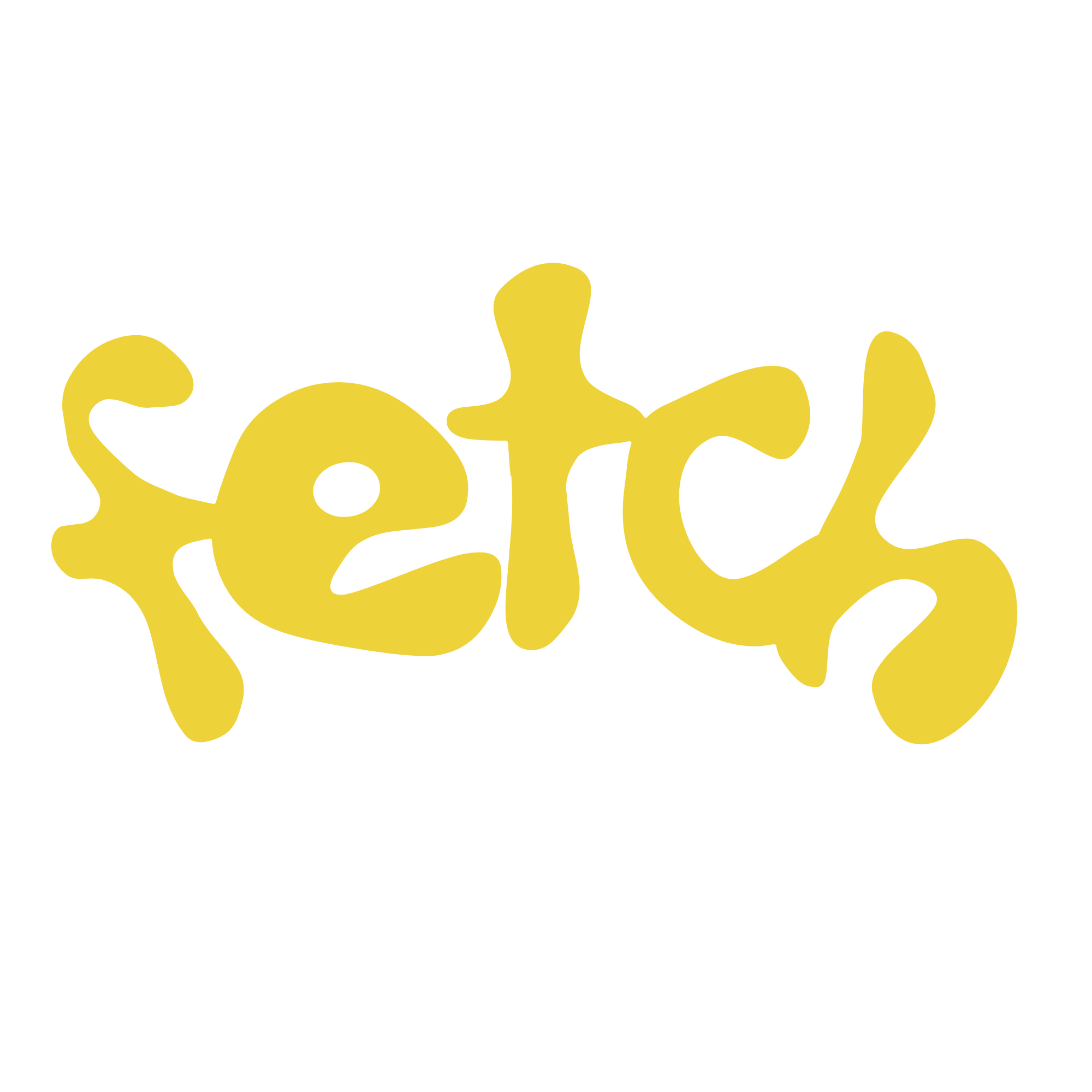BRAINROT AND SLOP: PENNY GORING'S COLD HUNT CORSAGE AT ARCADIA MISSA
- Jael Arazi
- Apr 21, 2025
- 4 min read
Cold Hunt Corsage at Arcadia Missa feels like stepping into the three-dimensional version of an HTML image board, writes Jael Arazi.

Cold Hunt Corsage at Arcadia Missa in London is both a three-word poem and a display of macro compositions by artist and poet Penny Goring, spanning the last ten years and printed on large-scale aluminium plates. For those unfamiliar with the term, or too young to remember, image macros are one of the most emblematic form of memes, consisting of an image with superimposed text usually at the top and bottom of the picture. Approached as visual poems, these compositions have formed part of Goring’s genre-defying practice since 2012, created on Microsoft Paint and intended for online circulation on boards and platforms like Tumblr and Facebook.
As detached and impersonal as the setting feels, it exploits the totalitarian regime of stock-image visuality, combining familiar yet anonymous pictures with disjointed poetic texts. The works are composed of pictures of flowers, interiors, natural landscapes and models with Goring’s face pasted on them. Short poems – at times made up of a single word – are paired to each with a different font. The untrained eye might perceive these compositions as simple aesthetic devices for sharing emotions and affections, overlooking their potential as contemporary talismans protecting our visual destinies. Their most prominent power is probably irony: some are desperate affirmations for the modern woman, sustaining the weight of the world on her shoulders from her bedroom. Others seem to embody the cynicism of troll communities online, subverting it with feminist terms.
From left to right: installation view, Cold Hunt Corsage. Penny Goring, Prayer, 2024,
Photography courtesy of gallery.
Prayer (2024) is a close-up picture of warm-toned flowers bearing only one word: “MEDS.” Next to it, Penny’s defiant look dominates an inverted image of a man with a sparkly vest and a g-string riding an older man in the same outfit – “HUGE WAR PIGGY HELL RIDES” (Piggy, 2024). Ruined (2024) is another Tumblr-esque image of smoke, probably from a black and white picture of an explosion and post produced with watercolour tones of pink, purple and teal, stating “HOW MANY TIMES CAN I BE RUINED.”
With the accuracy of a skilled archer, Goring hits playfulness, provocation, political awareness and lo-fi aesthetics that primordially awaken a sense of nostalgia for a bygone Internet era, all with the same arrow. By inserting herself and her face into these poems the artist taps directly into the centrality of representation as a testifier of experience, a key concern of any digital denizen: something is believed to be true because its image exists. Simultaneously, the truth of Goring's message becomes both innate and self-evident because she refuses to self-efface. In just two verses she frames the sentiment of this time: “i don’t have a goal – i have an inexplicable yearning” (Plague Fields, 2022), within a not-so-metaphorical representation of current existence: someone (anyone, everyone, herself) lost in a field expanding to infinity.

These prints in particular condense the experience of digital culture: wordplays, dreamcore, liminal spaces, VR chatrooms, are all contained within the eight enlarged macros on show. Like memes, they carry meaning and translate the personal into the universal. At a time when digital culture is drowning in the tides of slopification, we are reminded of other possible forms of sharing experiences online.

The term ‘slopification’ refers to the dissemination of 'slop' content – used to describe media and text that is AI-produced, largely nonsensical and regulated by algorithms we cannot rationalise, inexplicable even to the most veteran of internet trolls. Stanford’s Cyber Policy Centre studied the sorts of pages posting these images that concluded that they "used AI-generated or enhanced images to grab attention, and then directed users to heavily ad-laden content farms." Slop is created to populate sites with ads and used to attract organic traffic to these spam websites, thus generating revenues. This form of AI-generated spam, parodied most recently by Italian Dadaist/brainrot series Bombardiro Crocodilo, is exemplified in all its glory by Shrimp Jesus, a surreal, often unsettling depiction of Jesus Christ that has been flooding dead internet spaces like Facebook. The name alone sounds ridiculous enough, but the true absurdity comes once you see it: a creature that’s half-crustacean, half-Jesus.

If in Christianity Jesus is believed to be the embodiment of God, in the contemporary realm of digital platforms, Shrimp Jesus has come to embody the essence of the perpetual engagement imperative. He is the apotheosis of the process of maximising engagement to generate revenues, of exploiting the internet and its connective potential to entrap the eyes, the minds, the attention and the culture of the human species. Penny Goring’s Dam Gods (2015), reading “I AM DAMAGED GODS” over her crying face in black and white, then, might feel like a direct confrontation in this cycle of divine embodiments.
By letting us into her real-life image board made of visual poetry shaking the bedrock of postcapitalism, Penny Goring is sharing a strategy to reclaim the tools and the elements that make digital culture such a thriving space for creativity, for giving sense to the world and inventing meaning, for enriching our souls and sharing experiences that, in the good and the bad, through existential questions and political battles, become universal. Coming to the rescue, Cold Hunt Corsage carves a little oasis of respite from the obscenely incessant and irrelevant visual noise blasting all around us.
Jael Arazi (@mali.godiva) is a curator and creative professional based in London, researching and writing about digital culture and its impact on everyday life. She co-founded the sound art and performance platform In Lucid Dreams We Dance and works as a visual designer for independent publications.




